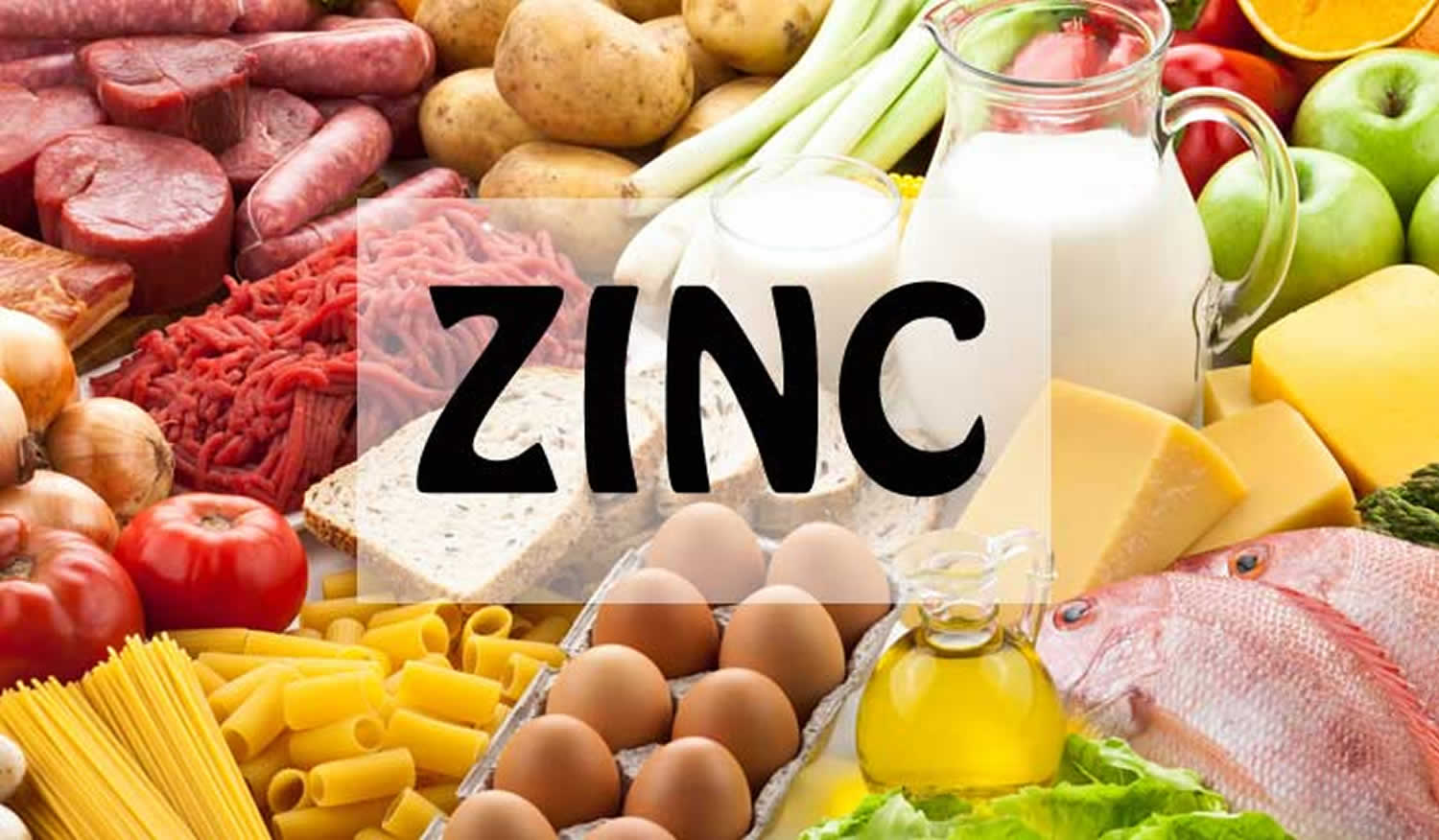Introduction:
Vitamins are essential organic compounds that play a crucial role in maintaining overall health and well-being. They are required in small quantities but are vital for various metabolic processes in the body. There are two main categories of vitamins: fat-soluble vitamins (A, D, E, and K) and water-soluble vitamins (B complex and vitamin C). In this comprehensive guide, we will delve into the water-soluble vitamins, specifically focusing on vitamin C and the B complex vitamins. We will explore their functions, dietary sources, recommended daily intake, deficiency symptoms, and potential health benefits.
I. Vitamin C:
Vitamin C, also known as ascorbic acid, is a water-soluble vitamin that is well-known for its immune-boosting properties and antioxidant activity. Here’s an overview of its key aspects:
Functions:
- Antioxidant: Vitamin C acts as a powerful antioxidant, protecting the body against oxidative stress caused by free radicals.
- Collagen synthesis: It plays a vital role in the synthesis of collagen, a protein essential for the health of connective tissues, skin, blood vessels, and bones.
- Immune function: Vitamin C supports the immune system by enhancing the production and function of white blood cells.
- Iron absorption: It aids in the absorption of non-heme iron from plant-based sources, enhancing iron availability for the body.
- Wound healing: Vitamin C contributes to the formation of new tissues and assists in wound healing processes.
Dietary Sources:
Vitamin C is abundantly found in various fruits and vegetables, including citrus fruits (oranges, lemons), strawberries, kiwis, bell peppers, broccoli, and leafy greens like spinach.
Recommended Daily Intake:
The recommended daily intake of vitamin C varies depending on age, sex, and life stage. For adults, the recommended dietary allowance (RDA) is 75-90 mg per day for women and 90-120 mg per day for men. Higher doses may be recommended for certain conditions or circumstances, such as during pregnancy or for smokers.
Deficiency Symptoms:
A deficiency of vitamin C can lead to scurvy, a condition characterized by fatigue, weakness, bleeding gums, joint pain, and delayed wound healing. Prolonged deficiency can have severe consequences for overall health.
Health Benefits:
- Immune support: Vitamin C strengthens the immune system and may reduce the duration and severity of common cold symptoms.
- Antioxidant protection: By neutralizing free radicals, vitamin C helps protect against chronic diseases, including heart disease and certain cancers.
- Skin health: As an essential component of collagen synthesis, vitamin C contributes to healthy skin by improving elasticity and reducing signs of aging.
- Eye health: Vitamin C may lower the risk of developing age-related macular degeneration (AMD), a leading cause of vision loss.
II. B Complex Vitamins:
The B complex vitamins consist of a group of water-soluble vitamins that often work together synergistically. Let’s explore each of them individually:
Vitamin B1 (Thiamin):
- Functions: Thiamin is involved in energy metabolism, nerve function, and the metabolism of carbohydrates.
- Dietary Sources: Good sources of thiamin include whole grains, legumes, nuts, seeds, and pork.
- Recommended Daily Intake: The RDA for thiamin is around 1.1-1.4 mg per day for adults.
- Deficiency Symptoms: Thiamin deficiency can lead to beriberi, a condition characterized by muscle weakness, nerve damage, and cardiovascular problems.
Vitamin B2 (Riboflavin):
- Functions: Riboflavin plays a crucial role in energy production, metabolism, and antioxidant defense.
- Dietary Sources: Rich sources of riboflavin include dairy products, meat, green leafy vegetables, and fortified cereals.
- Recommended Daily Intake: The RDA for riboflavin is approximately 1.1-1.3 mg per day for adults.
- Deficiency Symptoms: Riboflavin deficiency may result in sore throat, oral ulcers, skin disorders, and eye-related issues like sensitivity to light.
Vitamin B3 (Niacin):
- Functions: Biotin is essential for energy metabolism, fatty acid synthesis, and the maintenance of healthy hair, skin, and nails.
- Dietary Sources: Biotin is found in liver, eggs, nuts, seeds, fish, and certain vegetables like sweet potatoes.
- Recommended Functions: Niacin is essential for energy metabolism, DNA repair, and the synthesis of various hormones.
- Dietary Sources: Niacin can be obtained from meat, poultry, fish, whole grains, legumes, and nuts.
- Recommended Daily Intake: The RDA for niacin is around 14-16 mg per day for adults.
- Deficiency Symptoms: Severe niacin deficiency causes pellagra, characterized by dermatitis, diarrhea, dementia, and potentially fatal complications if left untreated.
- Vitamin B5 (Pantothenic Acid):
- Functions: Pantothenic acid is involved in energy metabolism, hormone synthesis, and the production of neurotransmitters.
- Dietary Sources: Good sources of pantothenic acid include meat, dairy products, legumes, whole grains, and avocados.
- Recommended Daily Intake: The RDA for pantothenic acid is approximately 5 mg per day for adults.
- Deficiency Symptoms: Pantothenic acid deficiency is rare, but it may lead to fatigue, irritability, and neurological symptoms.
Vitamin B6 (Pyridoxine):
- Functions: Pyridoxine is involved in amino acid metabolism, neurotransmitter synthesis, and immune function.
- Dietary Sources: Vitamin B6 can be found in meat, fish, poultry, whole grains, bananas, and legumes.
- Recommended Daily Intake: The RDA for vitamin B6 is around 1.3-1.7 mg per day for adults.
- Deficiency Symptoms: Vitamin B6 deficiency may result in anemia, skin disorders, neurological symptoms, and weakened immune function.
Vitamin B7 (Biotin):
Daily Intake: The RDA for biotin is approximately 30 mcg per day for adults.
Deficiency Symptoms: Biotin deficiency is rare but may cause hair loss, skin rash, and neurological symptoms.
Vitamin B9 (Folate):
- Functions: Folate is crucial for DNA synthesis, red blood cell formation, and neural tube development during pregnancy.
- Dietary Sources: Good sources of folate include leafy green vegetables, legumes, citrus fruits, and fortified grains.
- Recommended Daily Intake: The RDA for folate is around 400-600 mcg per day for adults.
- Deficiency Symptoms: Folate deficiency can lead to megaloblastic anemia, birth defects, and an increased risk of cardiovascular diseases.
- Vitamin B12 (Cobalamin):
- Functions: Cobalamin plays a vital role in DNA synthesis, red blood cell production, and nerve function.
- Dietary Sources: Vitamin B12 is primarily found in animal-based foods like meat, fish, dairy products, and eggs.
- Recommended Daily Intake: The RDA for vitamin B12 is approximately 2.4 mcg per day for adults.
- Deficiency Symptoms: Vitamin B12 deficiency can cause pernicious anemia, fatigue, neurological symptoms, and potential cognitive impairments.
Conclusion:
Water-soluble vitamins, such as vitamin C and the B complex vitamins, are essential for maintaining optimal health and well-being. Vitamin C serves as a potent antioxidant, supports immune function, and aids in collagen synthesis. The B complex vitamins work synergistically to support energy metabolism, nervous system function, and various other vital processes. By understanding their functions, dietary sources, recommended daily intakes, deficiency symptoms, and potential health benefits, individuals can make informed choices to ensure an adequate intake of these water-soluble vitamins and promote overall wellness. Remember to consult with a healthcare professional before making any significant changes to your diet or supplementation routine.
- What Is Delta-10 Thc? Learn About Its Effects, Benefits, And More - November 8, 2023
- Oils By Petreleaf-Exploring the Finest Oils A Comprehensive Evaluation - September 21, 2023
- The Comprehensive Guide to the Benefits of Vitamin C - July 13, 2023





